If the authors do not understand technology and the law, it is very difficult to protect their rights. Even in cases where the court has finished, the people involved still have a hard time demanding compensation.
Hard work for justice
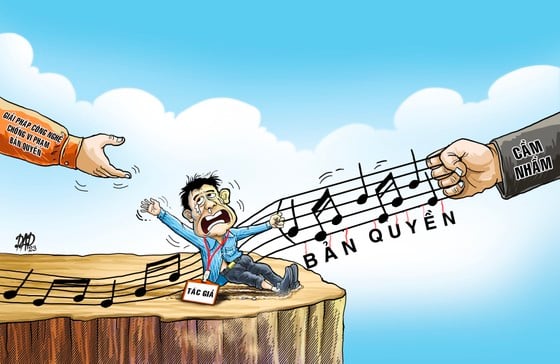 |
“I have not seen a single apology or compensation…”, Mr. Truong Minh Nhat, author of the lyrics of the song “Carrying Mother” that musician Quach Beem (real name Doan Dong Duc) had previously registered for copyright, shared uncomfortably.
Specifically, after nearly 4 years of pursuing the copyright lawsuit for the above song lyrics, on June 27, the High People's Court in Ho Chi Minh City upheld the original first instance verdict, rejected all of Mr. Quach Beem's appeals, and confirmed that Mr. Truong Minh Nhat was the owner of the poem and lyrics of the song "Carrying Mother". Immediately after the trial, Mr. Truong Minh Nhat could not hold back his tears because the series of heartbreaking days, the feeling of being wrongly accused when pursuing the case also ended.
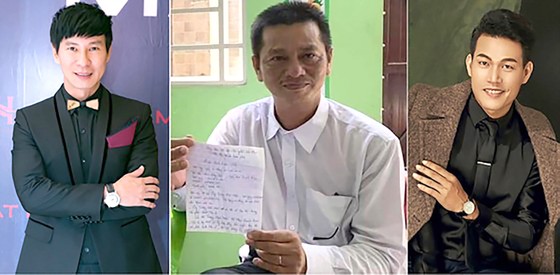 |
The dispute over the ownership of the lyrics of the song "Carrying Mother" between poet Truong Minh Nhat (middle) and Mr. Doan Dong Duc (right cover), Ly Hai Production Company Limited (founded by singer Ly Hai) lasted nearly 4 years. |
According to the final results of the trial, Quach Beem had to temporarily stop exploiting the song "Ganh Me"; correct and amend incorrect information in the copyright registration file at the Copyright Office and compensate Mr. Truong Minh Nhat 122.4 million VND. However, up to now, the musician has not fully implemented everything.
Mr. Truong Minh Nhat said: “They knew that I was just an ordinary worker, not familiar with the law… so they deliberately tried to turn the matter around. Later, I completely authorized the lawyer, but they avoided working with the law office where I authorized them. Some documents that the lawyer sent to them at the apartment address previously listed were also not received. Not long ago, I had to run to the apartment where they used to live to verify, but the security guard said they had moved out a long time ago.”
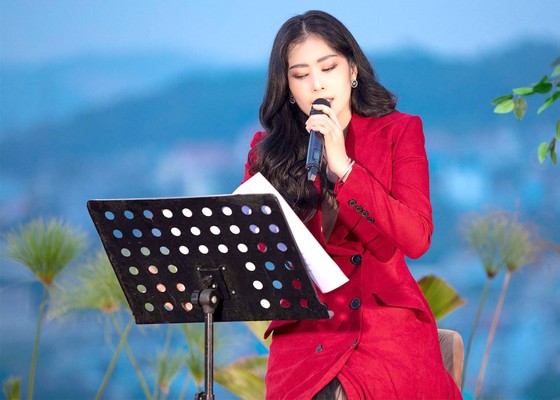 |
| Nam Em was once criticized by some musicians for performing exclusive songs without permission. Photo: FBNS |
Mr. Truong Minh Nhat’s journey to find justice is a prominent case of intentional “misappropriation” in artistic creation. This is not his own story but a common problem in this field. The author’s determination to pursue the lawsuit also makes the public have a more correct view of respecting copyright.
“When the lawsuit ended, I let go of the anger in my heart, now I am only sad because of Mr. Quach Beem's behavior. They deliberately avoided executing the judgment, refused to compensate, and caused difficulties for me and the lawyers... Currently, the lawyers are preparing documents to send to the authorities to continue handling the case. Personally, I am not discouraged, I will continue to demand justice and force Quach Beem to respect the law. Only then will other people who have their intellectual property rights violated dare to sue,” Mr. Truong Minh Nhat added.
Anti-piracy application
According to statistics from the Vietnam Center for Music Copyright Protection, the number of copyright infringement cases is on the rise. The forms of infringement are also increasingly diverse, from using works without permission in music videos, online music listening applications, to performing in mini concerts, live shows... The methods of infringement are also increasingly complicated, from using the original work without permission to cutting, splicing, and reprocessing the original work to avoid detection...
A rather specific form of violation that many artists have recently reported is that their works are claimed by other entities. Typically, recently, musician Pham Khanh Hung launched the music project Pham Khanh Hung's Greatest Hits, a collection of outstanding songs composed by him. He created a YouTube channel to post songs to help audiences easily access the product, but discovered that someone had registered all the copyrights of his works.
Previously, at the end of 2022, Hua Kim Tuyen was frustrated when the song "If One Day I Fly Up to the Sky" in collaboration with Truc Nhan was suddenly copyrighted by a unit that "claimed" this song on YouTube. Musician Giang Son, Meritorious Artist Kim Tieu Long, Tang Nhat Tue... also spoke up because they were "hit" with copyrights for the songs they performed.
The story of disputes and accusations between artists also caused a stir in public opinion, including incidents such as: musician Kai Dinh accused Nam Em of arbitrarily singing the song "Minh yeu den day thoi" (I love you here), which he is exclusively reserving for singer Toc Tien; author Xesi accused Ngoc Mai of not asking for permission when singing "Drunk Am" (Drunk in Love); Kay Tran and Nguyen Khoa of disputing over "Tet dong day" (Full of Love); musician Dinh Dung accused Dan Truong of "singing for free" "Tung yeu" (Love for Love)...
Copyright infringement occurs silently and subtly every day, but handling it with legal tools, especially lawsuits, is still very rare. And the number of lawsuits that go all the way like the Ganh Me lawsuit is even smaller.
According to lawyer Phan Vu Tuan, Vice President of the Intellectual Property Association of Ho Chi Minh City, Head of Phan Law Vietnam Law Office, the main reason for many violations in music is because this is an area where it is easy to commit violations and easy to erase traces; copyright owners themselves are sometimes not aware of the importance of protecting their intellectual property, and are afraid of conflicts; the process of resolving cases is prolonged...
Meanwhile, the automatic copyright protection mechanism is still complicated in the process of proving the rights of the subject. Current laws also do not clearly regulate intellectual property appraisal activities, leading to difficulties in implementation in practice.
According to lawyer Phan Vu Tuan, technological solutions and applications to combat copyright infringement for different types of content are becoming more and more popular. A new direction is to apply blockchain technology to prevent copyright infringement from the beginning, notably with NFT technology.
“However, there are still many obstacles for technology to become the main solution in copyright protection activities in Vietnam. The obstacle comes from the technology infrastructure itself, which does not meet the requirements for practical application. Blockchain technology is considered effective in the field of copyright but is still new in Vietnam, and has not been widely researched and applied in copyright protection. Therefore, from now on, it is necessary to focus on investment in research for early implementation. Not only upgrading the technology infrastructure, but also constantly updating and upgrading new technology solutions because technology changes every day,” lawyer Phan Vu Tuan analyzed.
"The Copyright Law needs to be disseminated more clearly, at the same time, it is necessary to deal firmly with cases of intentional violations because many related cases have been noisy and then "sunk", discouraging copyright owners. The most important thing is still awareness and respect for copyright issues so that lawsuits and disputes are eliminated, creating a truly civilized and professional artistic creative environment" - Musician NGUYEN MINH CUONG
Source





![[Photo] Closing of the 11th Conference of the 13th Central Committee of the Communist Party of Vietnam](https://vstatic.vietnam.vn/vietnam/resource/IMAGE/2025/4/12/114b57fe6e9b4814a5ddfacf6dfe5b7f)

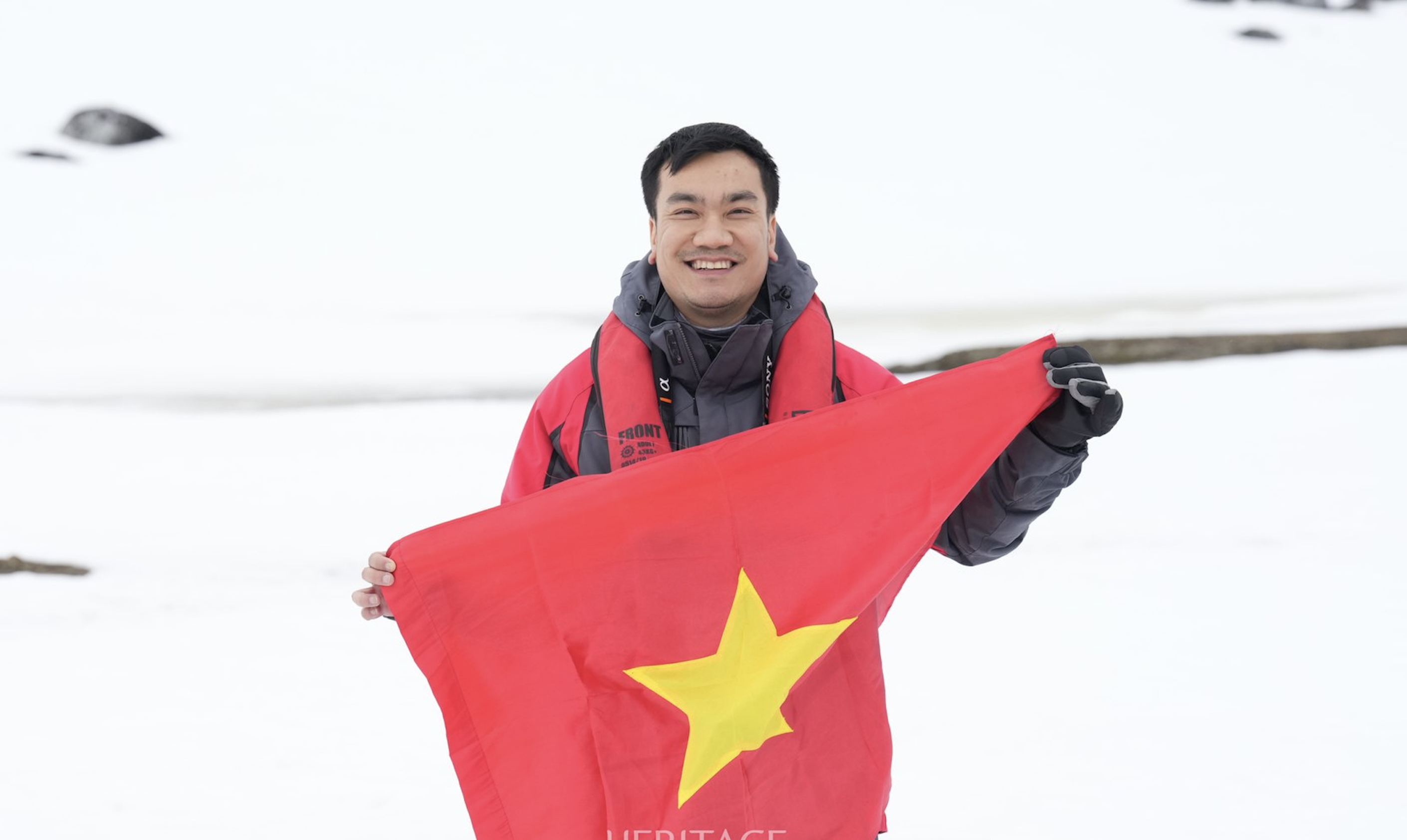
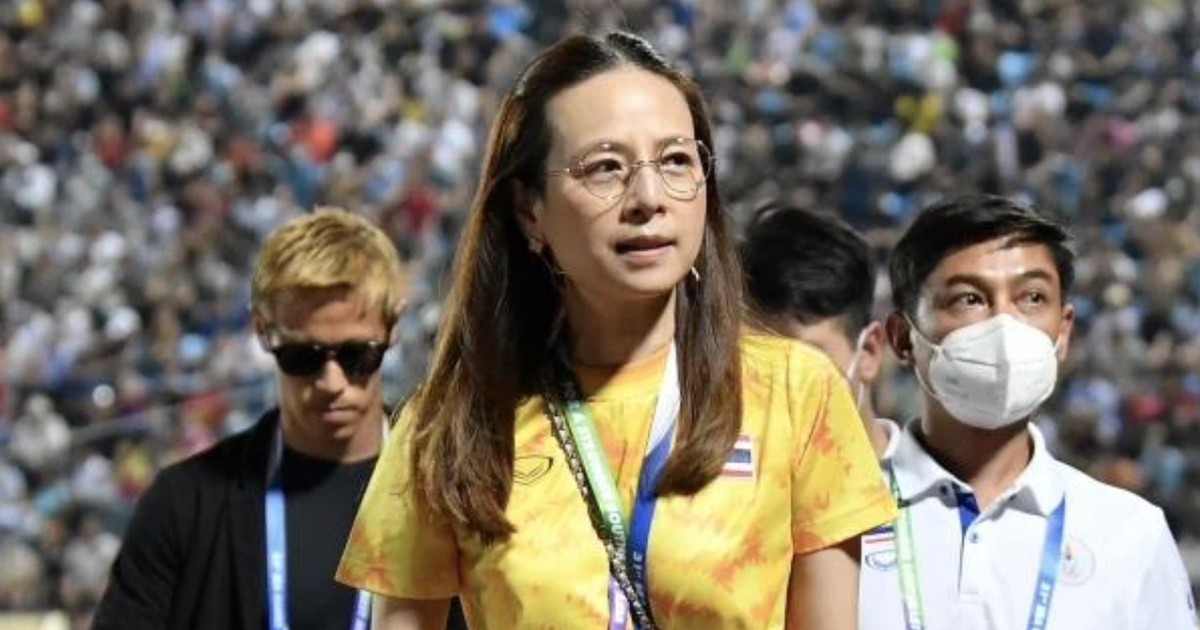

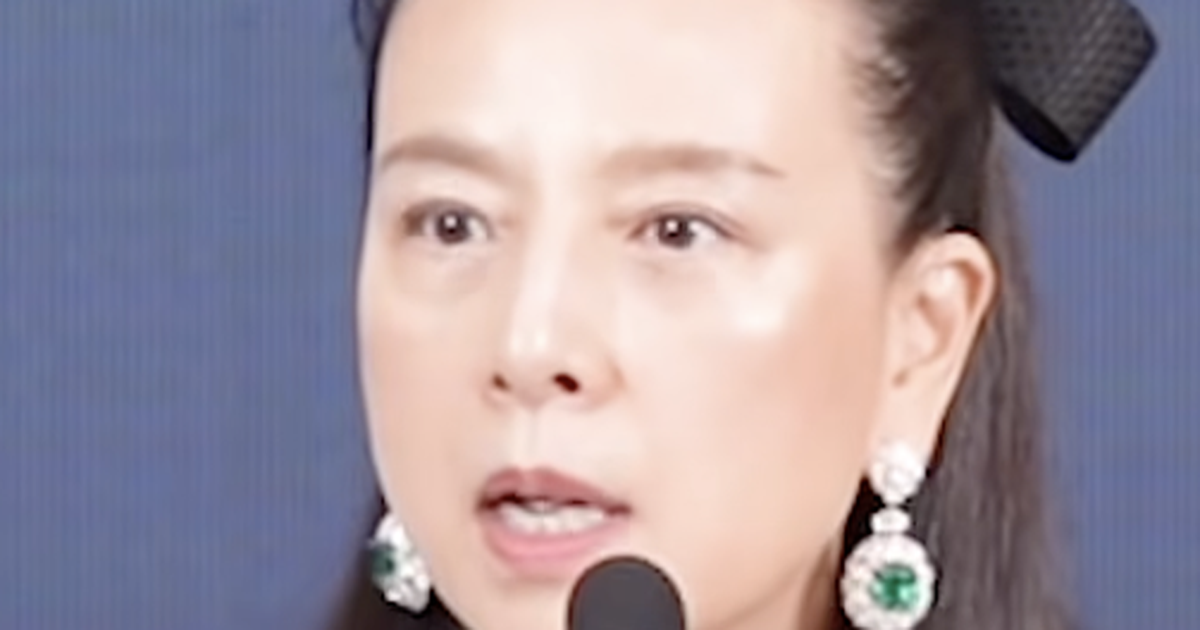
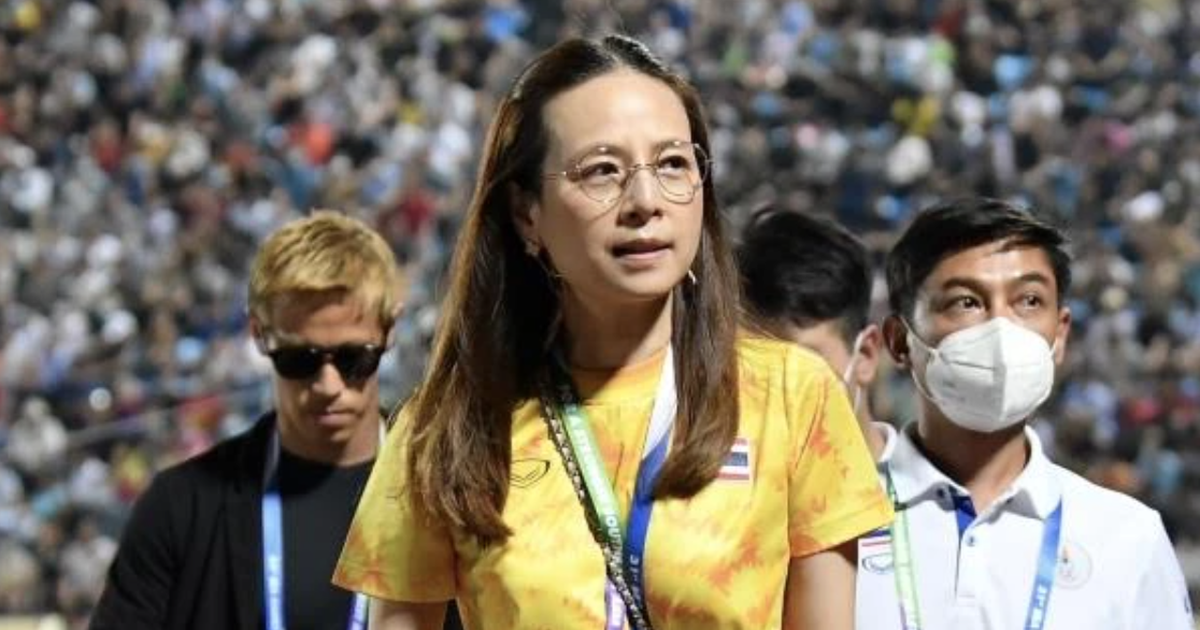
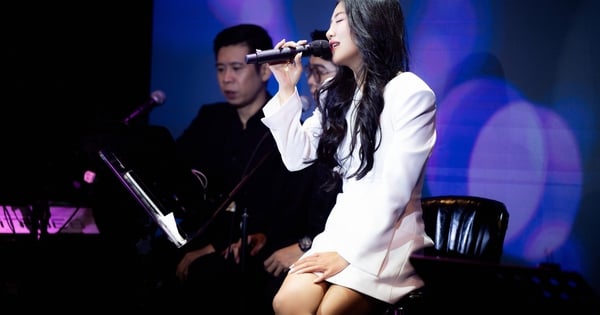

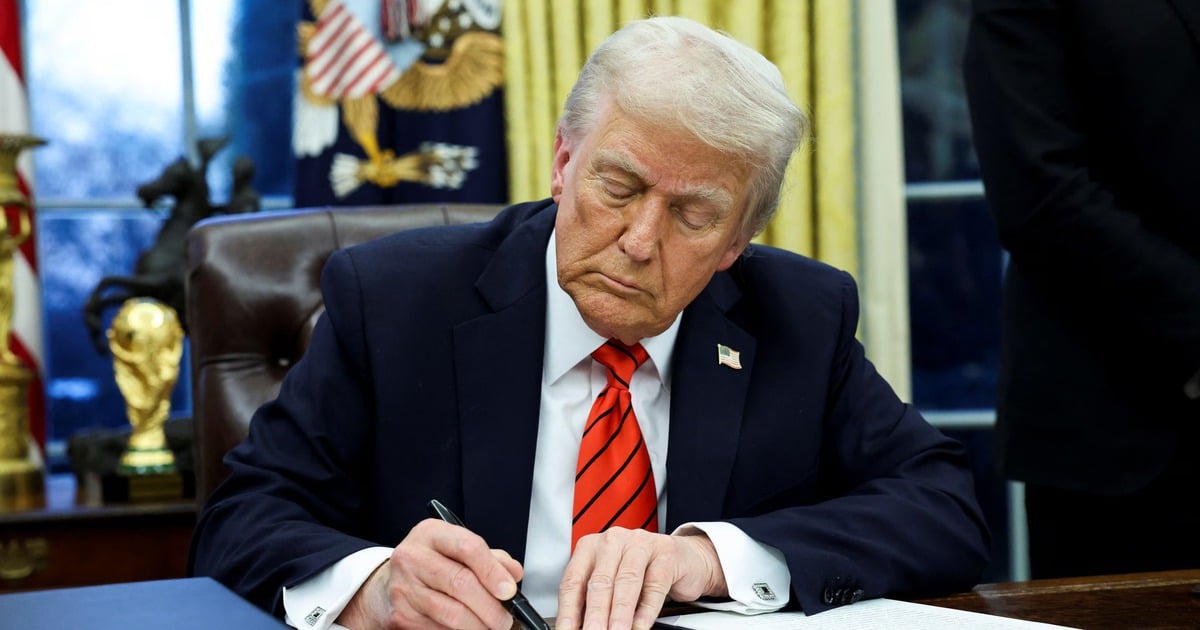
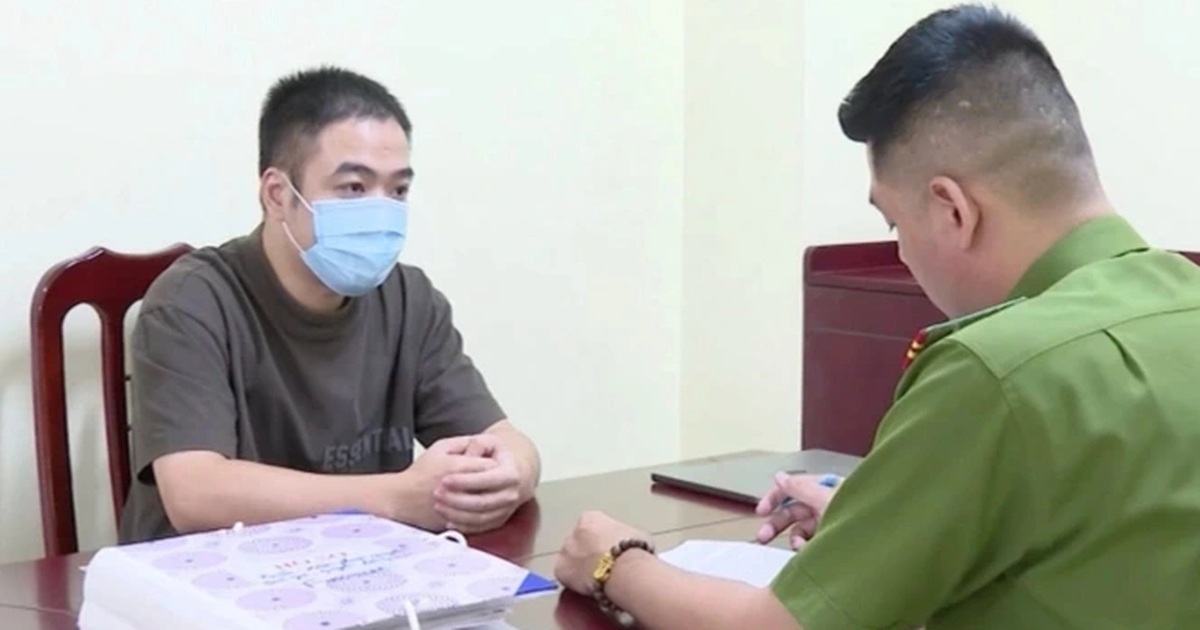

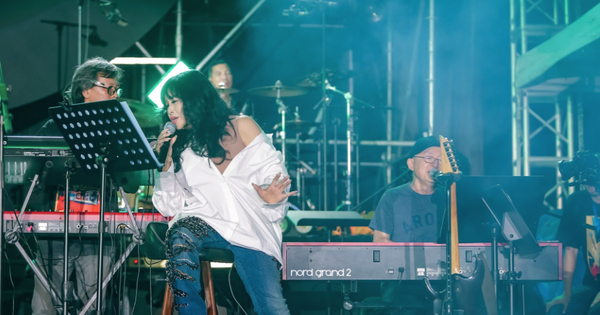
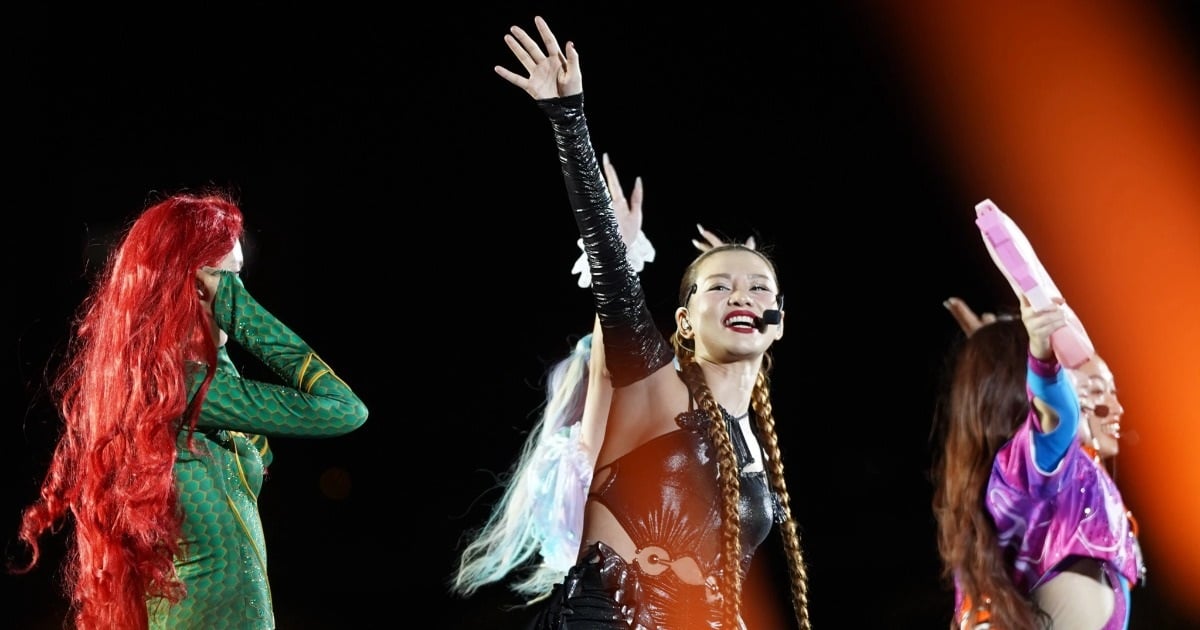
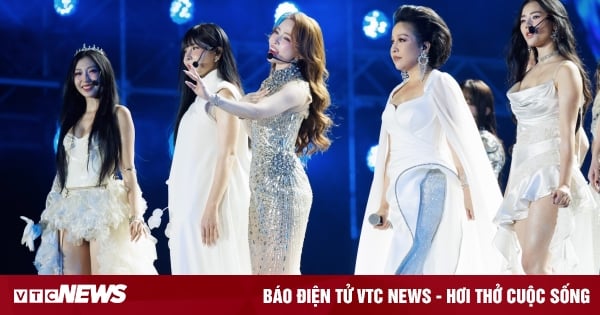
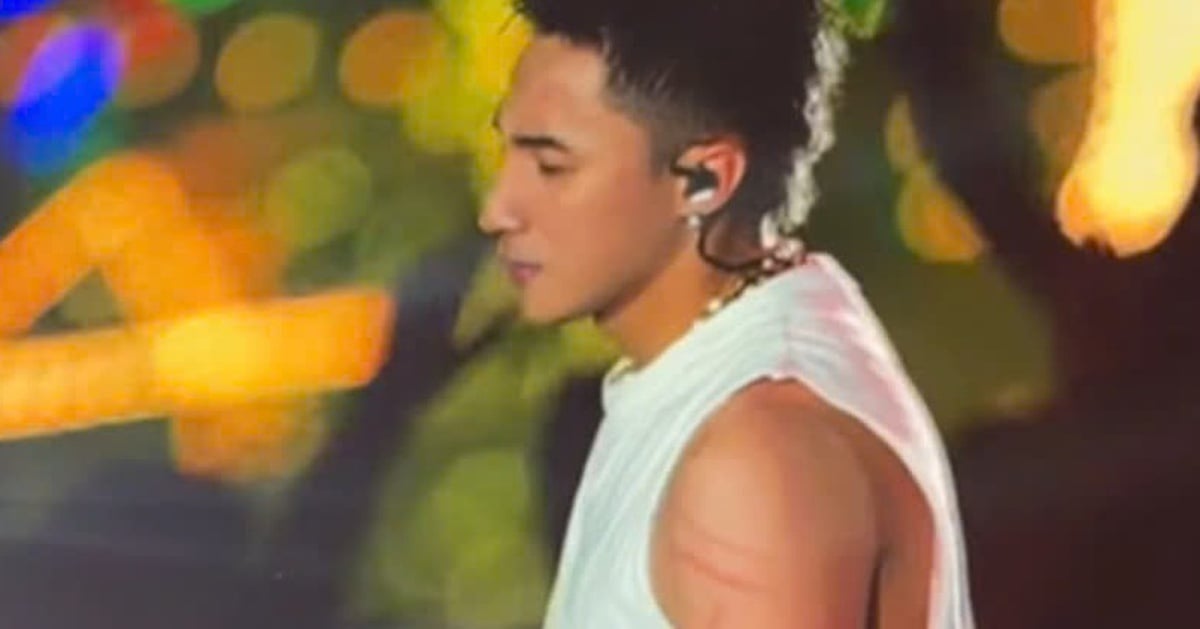
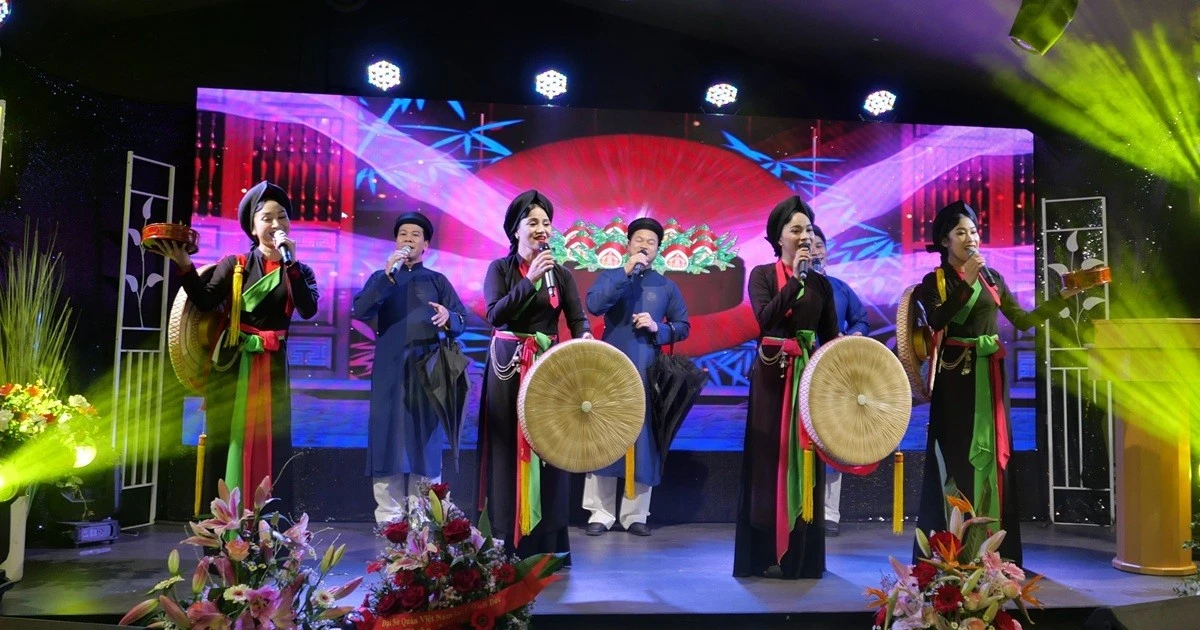
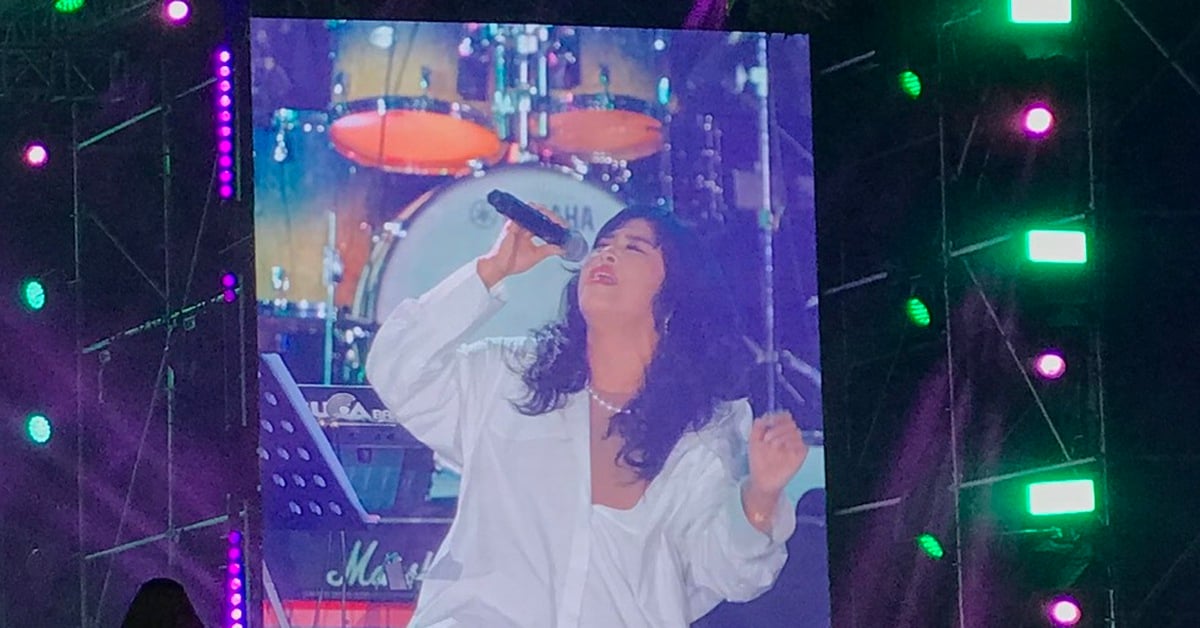



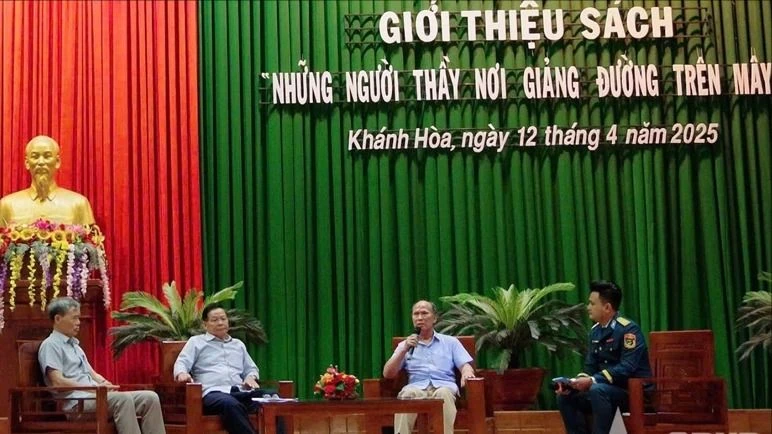
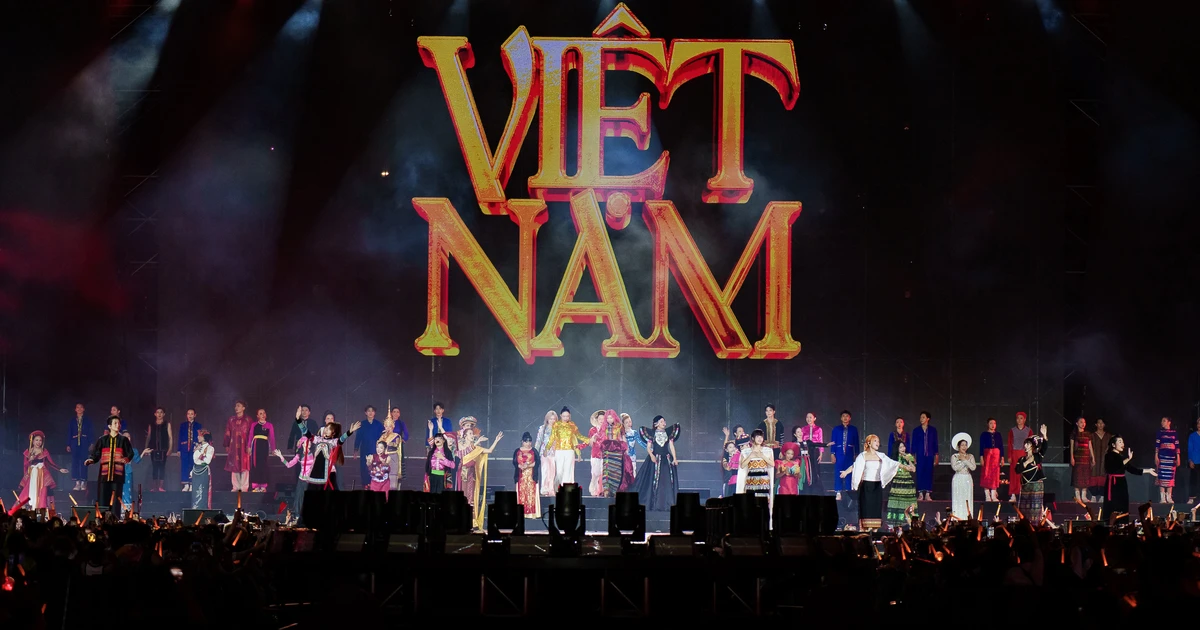

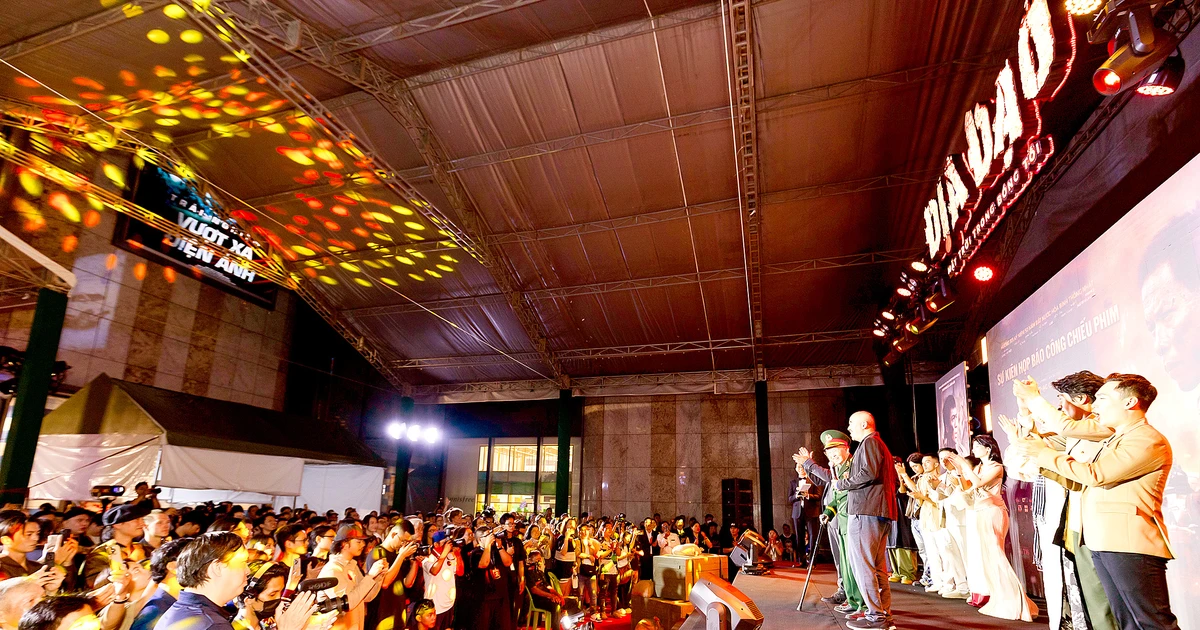
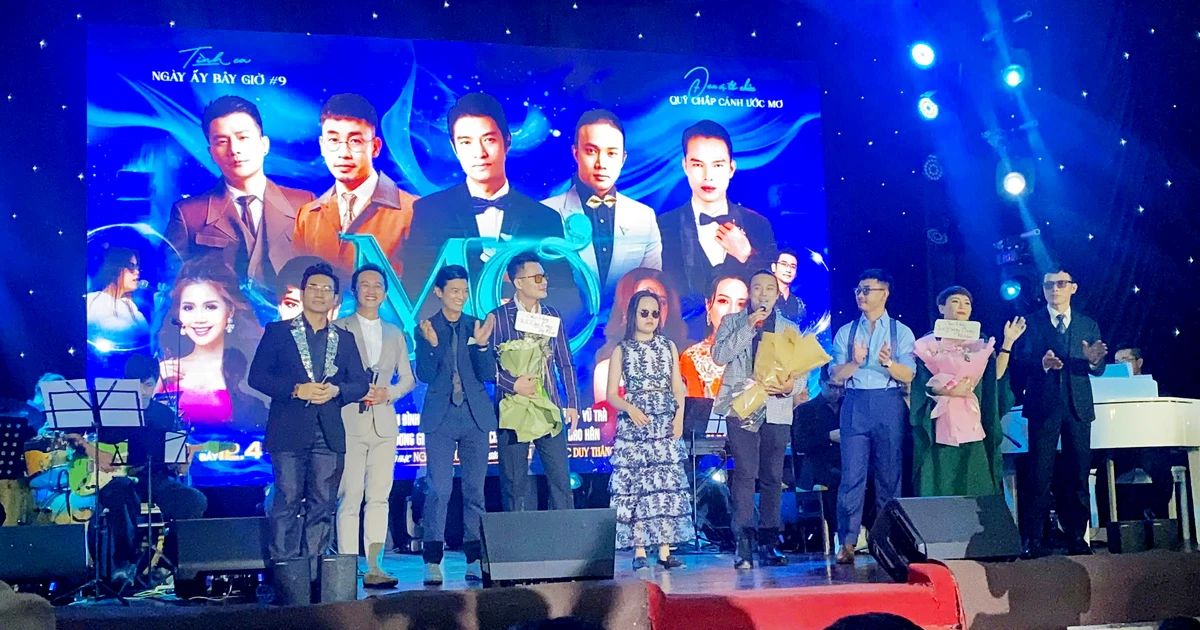


![[Photo] Overcoming all difficulties, speeding up construction progress of Hoa Binh Hydropower Plant Expansion Project](https://vstatic.vietnam.vn/vietnam/resource/IMAGE/2025/4/12/bff04b551e98484c84d74c8faa3526e0)














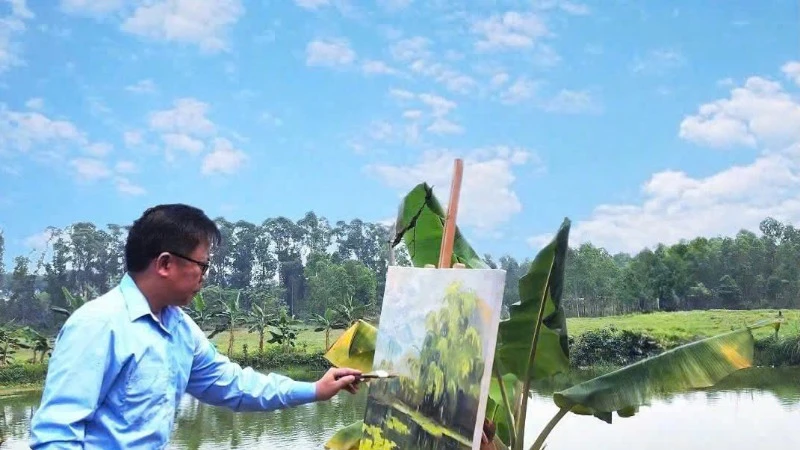
















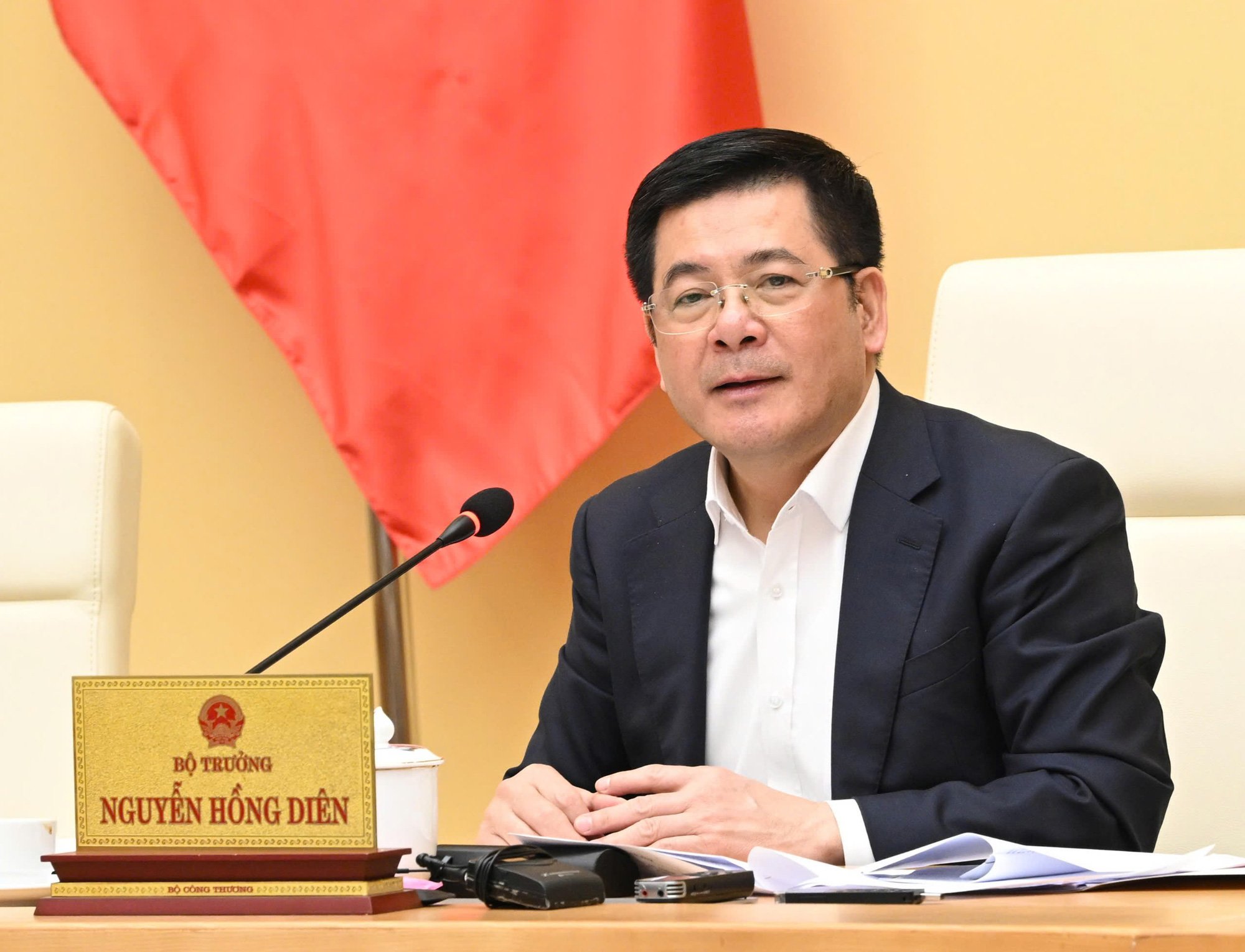
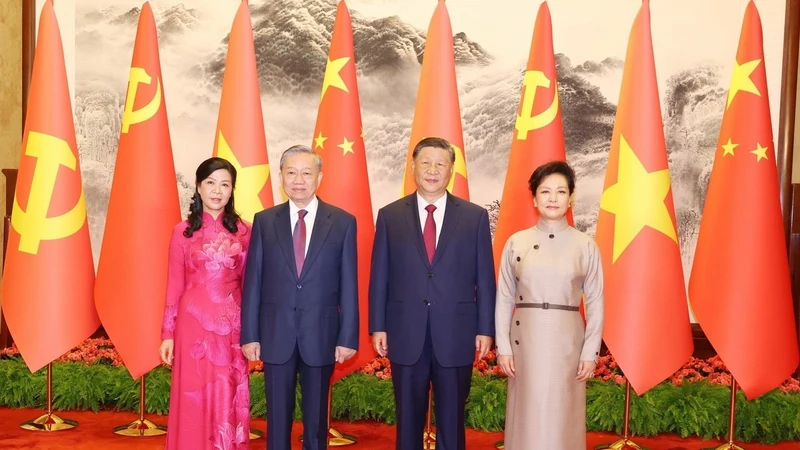









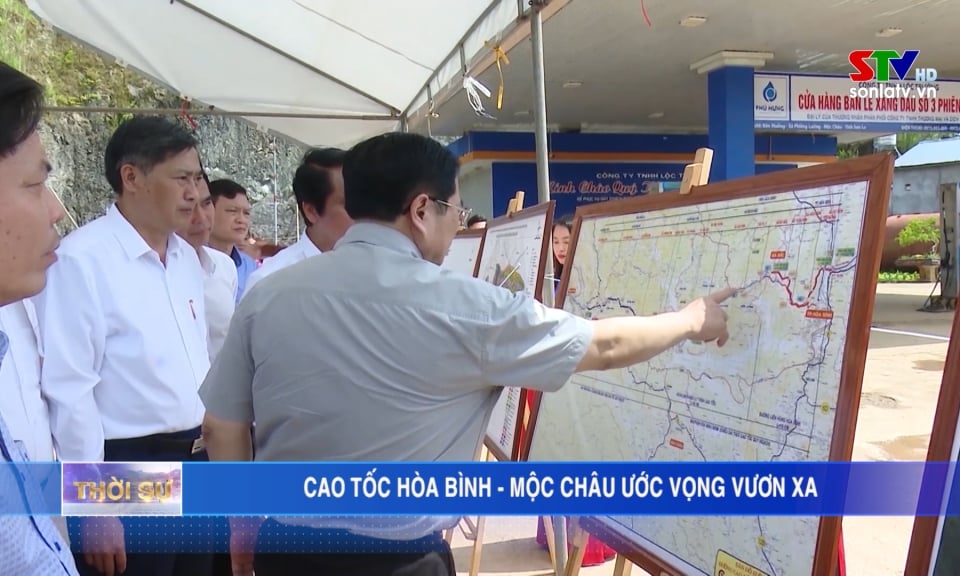
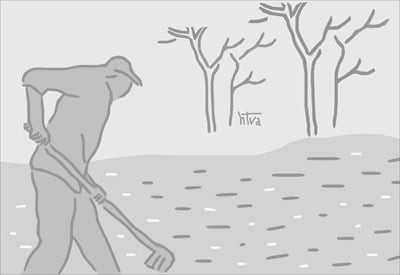
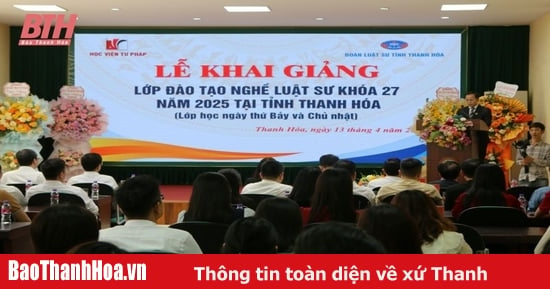

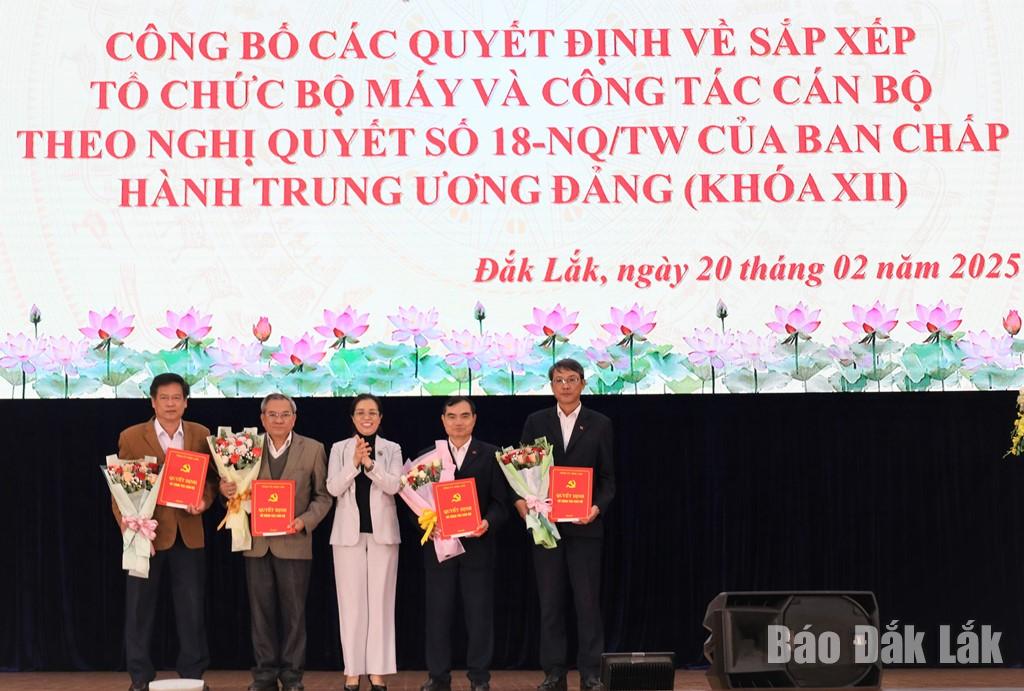

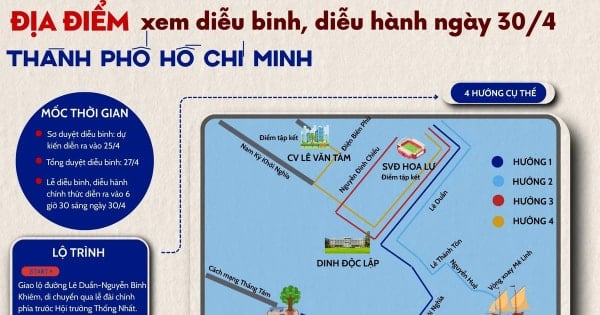












Comment (0)